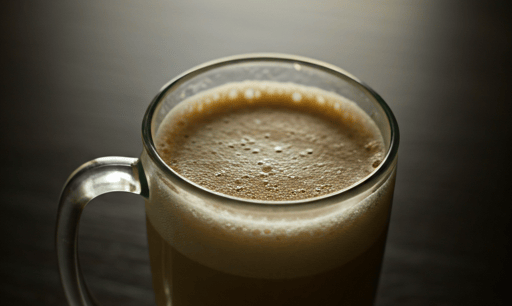How Unilever Plans to Cut Sugar in Horlicks and Boost: Insight from Patents
BEVERAGES


Health-conscious consumers have driven innovation in the food and beverage sector, particularly in health drinks. Traditional malt-based beverages like Horlicks and Boost have long been associated with nutrition and energy, making them household names in many countries. However, a critical challenge they face lies in their sugar content, primarily due to the inherent properties of malted barley, which is a key ingredient. Addressing the growing demand for healthier options, Unilever has filed a patent application on a process that produces malt-based health drinks with significantly reduced sugar content, catering to modern dietary preferences.
Challenges in Traditional Malt-Based Beverages
Malt-based drinks are traditionally made using malted barley, which undergoes a mashing process. This process, widely used in brewing and malt-based product manufacturing, produces high levels of maltose—a natural sugar. While these products are nutritious, the high sugar content can deter health-conscious consumers who seek low-sugar alternatives without compromising taste or nutritional value.
How Unilever Plans to Cut Sugar in Horlicks and Boost
Unilever's patent pending process introduces a new approach to reduce sugar content in malt-based beverages while maintaining digestibility and nutritional benefits. Key highlights of the invention include:
Optimized Heat Treatment:
The process involves subjecting a mixture of malted barley and water to heat treatment at 75°C to 95°C for 5 to 30 minutes.
This controlled heating partially deactivates alpha and beta amylase enzymes, which are responsible for breaking down starches into sugars. By carefully managing enzyme activity, the resulting product contains less than 5% maltose by weight.
Enhanced Starch Hydrolysis:
The process ensures starch is hydrolyzed into oligosaccharides and other digestible forms, balancing sweetness and providing sustained energy.
Additional Ingredients:
The formulation can include starchy components like wheat flour, gluten, or dark malt, as well as proteins like soy, and millets for added nutritional benefits.
Customizable pH Levels:
The process operates effectively at a pH above 4.5, ensuring optimal conditions for enzymatic activity and product stability.
Advantages of this Technology
Low-Sugar Alternative:
With maltose content below 5%, the health drink caters to consumers seeking reduced sugar intake while preserving the flavor and texture of traditional malt beverages.
Nutritional Benefits:
The process retains the nutritional integrity of malted barley and enhances digestibility through starch hydrolysis, offering a healthy meal replacement or snack option.
Flexibility in Ingredients:
The inclusion of starchy and protein-rich ingredients enables product customization to meet diverse dietary needs.
Sustainability in Process:
By optimizing enzyme deactivation and starch conversion, the process minimizes waste and ensures efficient use of raw materials.
By addressing the inherent sugar content of malt-based health drinks, the company has paved the way for healthier, more accessible beverage options. This innovation not only aligns with current health trends but also demonstrates Unilever's commitment to providing sustainable and nutritious solutions in the food and beverage industry.
